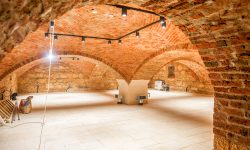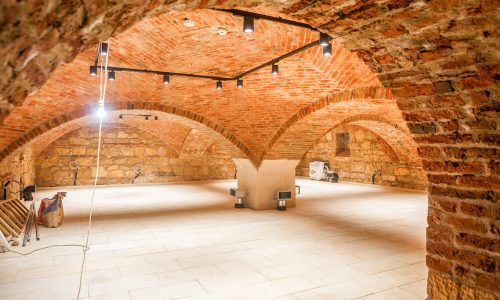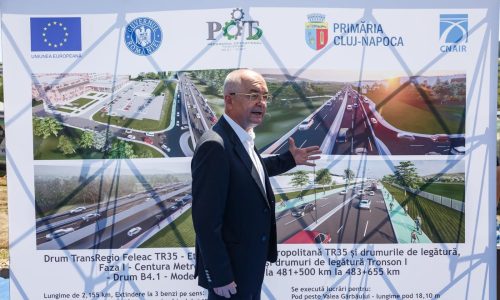Romania has achieved a significant milestone in its European Union journey, receiving confirmation that it will join the Schengen Area on January 1, 2025. This long-awaited decision marks a major step forward for Romania, solidifying its integration into one of the EU’s most significant achievements—the free movement zone.
Historic Agreement Reached
The breakthrough was announced on November 27, 2024, by Romanian Prime Minister Marcel Ciolacu, following a crucial meeting of the Committee of Permanent Representatives of the Governments of the Member States of the European Union (COREPER) in Brussels. The agreement will be formalised at the upcoming Justice and Home Affairs Council meeting in December, where EU interior ministers are expected to officially ratify Romania’s accession.
Prime Minister Ciolacu celebrated the decision, describing it as a “historic moment” for Romania. President Klaus Iohannis also welcomed the announcement, emphasising the long-standing efforts and commitments Romania has made to meet the Schengen requirements.
Romania’s accession to Schengen has been a contentious issue for over a decade. Although the country met all the technical criteria for entry as early as 2011, political objections, most notably from Austria and the Netherlands, delayed progress. Austria’s previous veto was lifted following extensive negotiations and compromises, paving the way for this decisive agreement.
The decision also includes Bulgaria, which will join the Schengen Area alongside Romania. This marks the first enlargement of the Schengen Zone in over a decade, reinforcing EU cohesion and the principles of free movement.
What Does This Mean for Romania?
From January 1, 2025, border checks at Romania’s land and sea borders with other Schengen member states will be eliminated, allowing seamless travel for citizens and businesses. Airports will follow suit later in the year, after a technical adjustment period to integrate Romanian systems with Schengen requirements.
There will be a transitional period during which certain controls on goods will remain in place. This period is expected to last approximately six months, during which customs checks on commercial goods at land borders will continue. This phased approach allows for the necessary adjustments in customs procedures and infrastructure to ensure a smooth transition into the Schengen framework. The gradual lifting of these controls aims to facilitate trade while maintaining security and compliance with EU regulations.
This development is expected to have profound economic and social benefits. Businesses will benefit from faster trade logistics, reduced transportation costs, and improved access to EU markets. For citizens, the removal of border controls will simplify travel across the 27-member Schengen zone, boosting tourism and fostering closer ties with neighbouring countries.
Regional Implications
Romania’s Schengen accession comes at a pivotal moment for the EU, as member states strive to enhance cooperation on migration and border management. By joining Schengen, Romania also commits to playing an active role in safeguarding the external borders of the EU, including implementing robust mechanisms to address cross-border crime and irregular migration.
For Romania, membership represents not only a practical benefit but also a symbolic recognition of its place in the European project. It demonstrates the EU’s renewed commitment to strengthening unity and addressing long-standing disparities between Western and Eastern member states.
As the formalisation of this agreement approaches, Romanian officials remain optimistic about the opportunities Schengen membership will bring. The announcement has been widely celebrated across the country, with leaders calling it a “new chapter” in Romania’s European integration story.
With January 1, 2025, on the horizon, Romania now prepares to embrace its role as a full member of the Schengen Area, leaving behind years of delays and doubts. For its citizens and businesses, the promise of free movement within Europe will soon become a reality.



